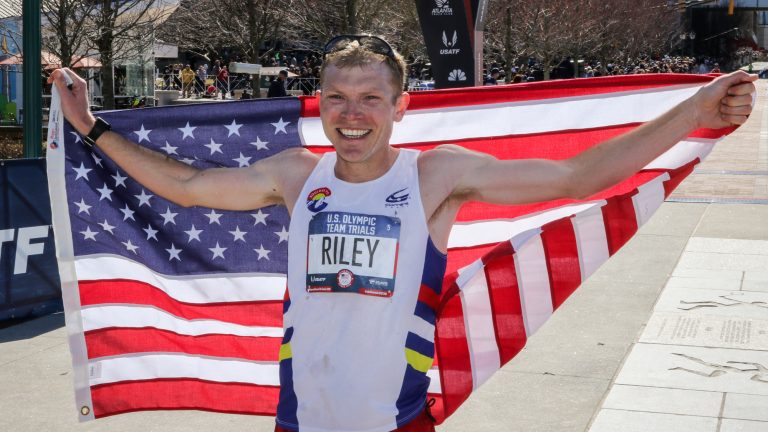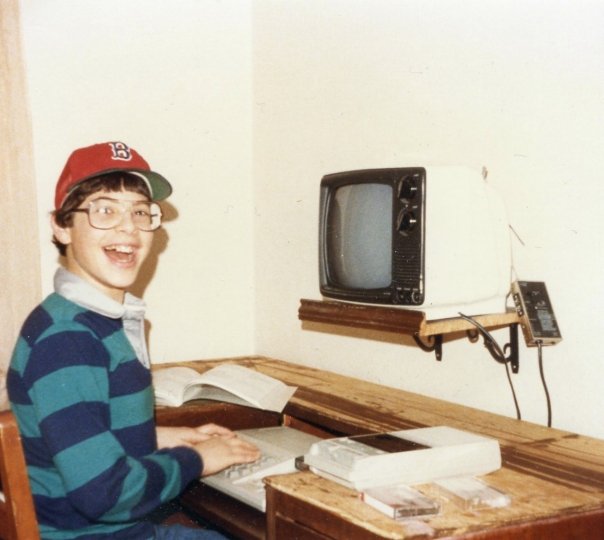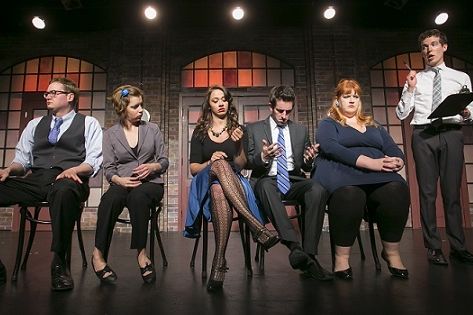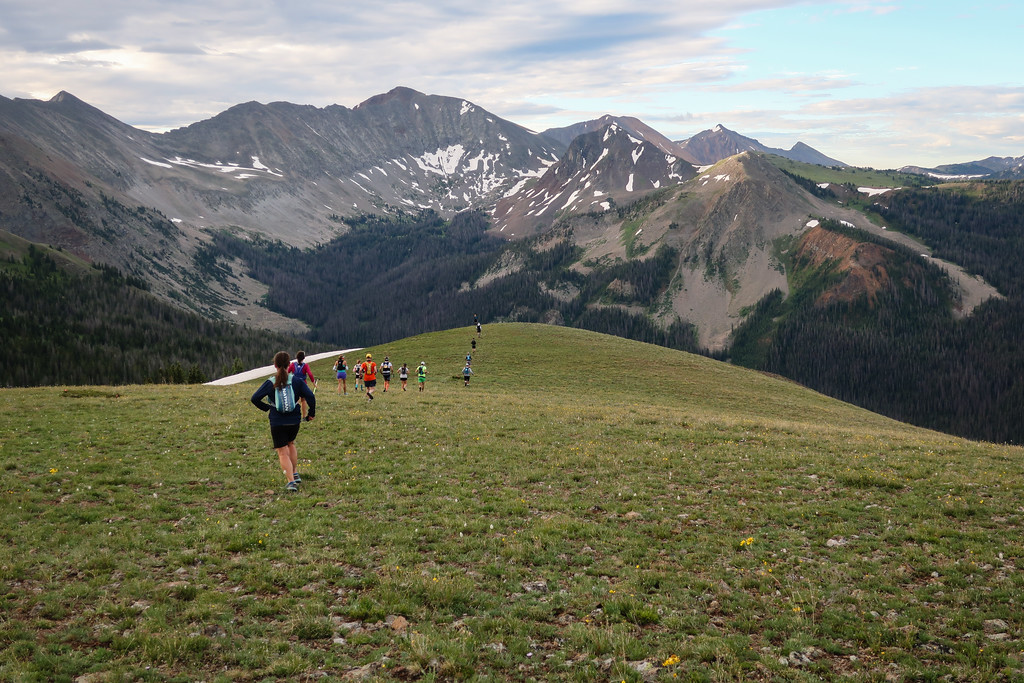If you had the chance to ask anything to a panel of Olympic Marathon Trials qualifiers, what would you learn? Back in February, a week before the Trials, I had the chance to find out when I dropped in on a Q&A session with a panel of local qualifiers at my neighborhood running store, Shoes and Brews in Longmont, Colo. While the runners’ discussions about training specifics like mileage targets and gear were interesting, it was their insights about goal-setting I found most instructive to my own running practice.
Only a few weeks later, the running world was turned upside-down as the coronavirus pandemic raged across the world. The Olympics were postponed to 2021, but these elite athletes’ goal-setting wisdom still holds – in fact, in this new and uncertain time, their insights seem even more applicable.
The common theme that stuck with me was the importance of setting ambitious but achievable goals that are customized for you. Here are some more observations I drew from this panel of elite athletes:
Visualize success
Among the eight runners, I noticed one slight, soft-spoken guy who seemed even more preoccupied with the Trials than the others. He was unsponsoredand coming back from a series of setbacks, including some injuries and a coaching switch-up.
When this panelist offhandedly mentioned he’d qualified at the Chicago Marathon with a world-class time of 2:10:36, my ears perked up. I squinted at his nametag: it was Jake Riley, who had the fifth highest qualifying time in the field. Riley went on to finish second in the Trials and win a ticket to the Olympics.
Riley said he’d been visualizing crossing the finish line every day for six months. That level of mental commitment, he said, makes him emotionally vulnerable; he’d competed in the Trials before, but the last time, he explained, he was not risking anything emotionally or mentally. Tough a competitor as he is, he felt a sense of shame for walking two steps in his previous race. He was imagining finishing finish strong and with a sense of pride: “to keep my head up when I cross the line.”
Good goals are often about why, not just the what
In 2016, Amanda Scott sat at an In-N-Out burger in Los Angeles with some friends, just moments after completing the Olympic qualifying marathon. It had been a stressful day: she’d spent the hours before stuck in L.A. traffic, and her pre-race meal was a T.V. dinner. She grinded out the race almost as an afterthought, and the reward for her effort was a quick bite of fast food.
This year, Scott qualified for the Olympic Trials with a time of 2:40:30 in the California International Marathon, well under the women’s cutoff time of 2:45. After the stress of her 2016 experience, she revisited the essential question of why she runs and what she wants to get out of it. For this year’s Trials, Scott was pretty sure she wouldn’t be a top 3 Olympic qualifier (she ended up finishing 287th out of 390 women finishers), so her goal was simply to enjoy the experience more.
For Scott, putting her all into the training process and running the best race she could was key. “Once we’re at the starting line, we’ve already put in the training hours, imagined our race strategy, and gotten our minds and bodies where they need to be,” she said. “At this point, there’s not much we can do but execute our race plan well.”
Goals don’t have to be about finish times
With hundreds of qualifiers and only six Olympic spots up for grabs, most athletes didn’t have a realistic shot at going to Tokyo. They had other goals, though – many of which didn’t have to do with finish times at all.
Brandon Johnson, a Hoka rep who qualified with a 2:18:13 marathon time, said his main goal was to keep a foot in the running community. He set himself up for a rewarding experience regardless of finish time (he ended up finishing last).
Goals are for everyone
“The cool thing about the Marathon Trials is that it’s “’everyman’s’ (or woman’s) Trials,” said Noah Droddy, who qualified with one of the fastest times in the pack – a 2:11:42 marathon — but had to drop out of the Trials due to a knee injury. Anyone, anywhere can set a goal to run in the Olympics, and all it takes is a single great performance in an event that’s open to everyone.
Emma Kertesz, who qualified just 38 seconds faster than the B-standard cutoff, said she thinks of the Olympic Trials as her Olympics. Her goal was not to get to Tokyo, but to better her pace from 2016.
Taking The Pressure Off Can Result In A Better Performance
Before the Trials, Grant Fischer had never run more than 22 miles in his life. Having qualified with a half marathon — which, the panel agreed, was a more difficult standard than the marathon standard — the Trials would be his debut marathon. For Fischer, the experience was about getting the most out of himself and enjoying the experience. He felt less pressure than some of the other athletes because whatever he ran, the Trials would be his marathon P.R. Fisher ended up finishing 25th, in 2:15:32 – an impressive result for a first marathon.
Sometimes outside events conspire to force goals to change. Ann Marie Kirkpatrick, at 37 the oldest person on the panel, was not able to train to the level she’d hoped. Still, she said, she thought of her Trails goals as a moving target, and the fun is chasing the next thing, even when circumstances are not ideal.
Keep your running goals in perspective
Riley said that achieving a PR and enjoying running required switching up the other parts of his life, and keeping his running in perspective. This meant ensuring work/life balance, entering grad school, and changing coaching. Goals must be adjusted as realities change, such as training and injuries– and of course, global pandemics. When the Olympics were postponed to 2021, Riley had to revisit his training plans. He emphasized the importance of putting things in perspective when he told Runner’s World, “One of the things that I’ve been preaching since I made my comeback is when running is not going well, it’s nice if you can have something else going on. And I have other things going on that I can kind of focus on to take my mind off the













